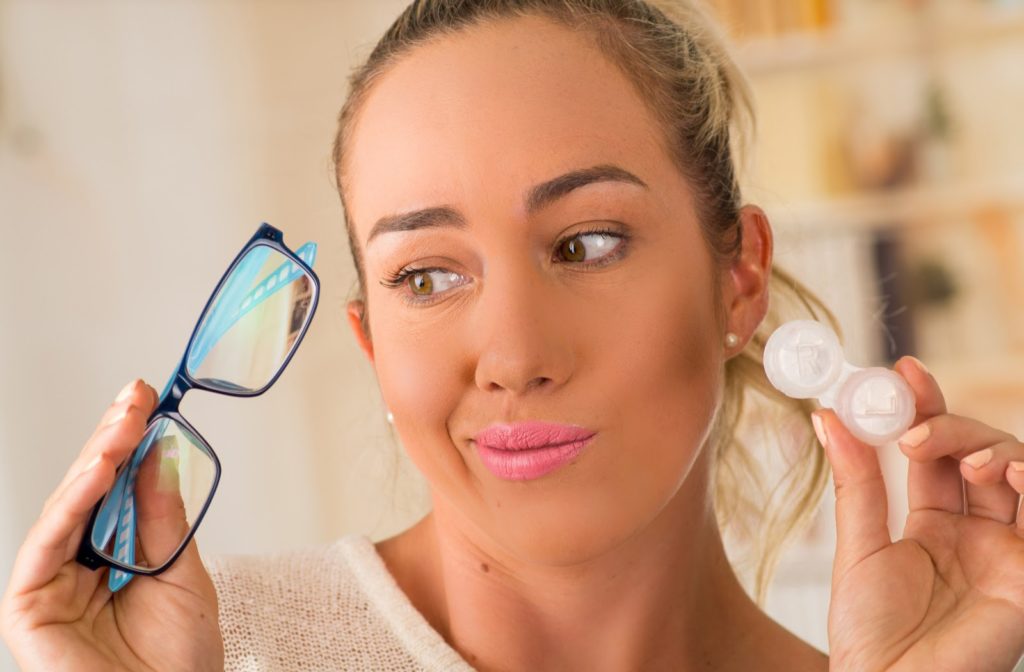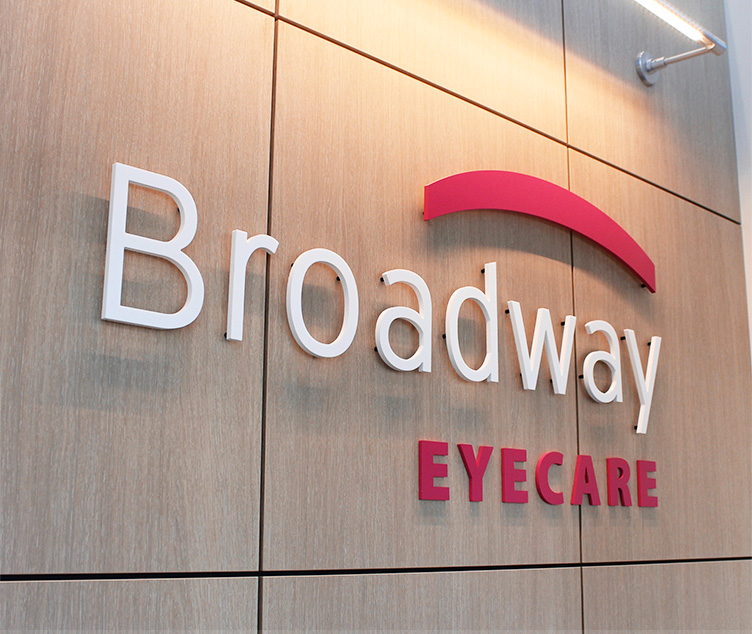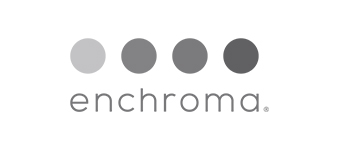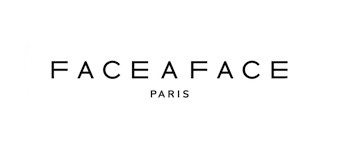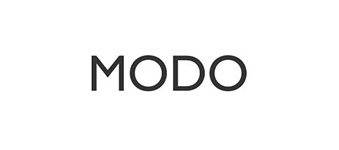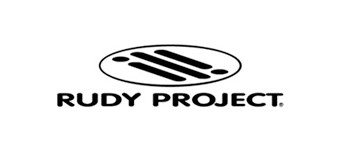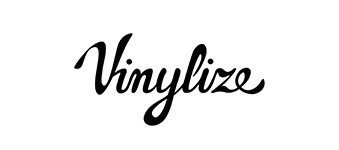As a parent, your child’s well-being is most important. If they have myopia, how do you protect their vision from worsening? With the correct treatment, you can reduce myopic progression in your child; it can be as easy as wearing glasses or contacts.
When discussing myopia control with your optometrist, what is the better choice for treatment, glasses or contact lenses? Learn more about myopia control, including different treatment options and the best choice for your child.
What is Myopia?
Myopia affects nearly 30% of all Canadians, and it’s likely to worsen. Many estimate 50% of the world will have myopia by 2050.
Myopia causes far-away objects to look blurry while nearby objects appear clearly. More severe forms of myopia can increase the risk of several health issues.
Myopia Causes
People with myopia have differently shaped eyes. The eyeball is typically too long, or the cornea has a steep curvature. Light entering the eye doesn’t focus properly, focusing in front of the retina instead of on the retina.
There can be other factors contributing to myopia as well, such as:

What is Myopia Progression?
Myopia typically develops in childhood and progresses until early adulthood. Children’s eyes grow as they do, and this growth can cause a mild case of myopia to develop into high myopia.
High myopia is more severe, occurring when a person’s vision is above -6.00 diopters. When myopia is severe, you’re at an increased risk of several eye conditions, including:
Myopia progression can be slowed or reduced with specialized treatments, protecting your child’s vision. Single vision eyeglasses alone cannot slow down myopia progression.
Myopia control focuses on preventing abnormal eyeball growth, causing vision to worsen. There are several ways to treat myopic progression.
Myopia Control Methods: Glasses
Single vision lenses are not an option for myopia control; they only correct myopia, offering clear vision, but they do not control progression. For your child’s eye health, eyeglasses need to both correct and control myopia. Multifocal eyeglasses are a common myopia treatment method.
Multifocal Eyeglasses
Multifocal lenses have multiple prescriptions for near and far vision. The top portion of the lens is for seeing far-away objects, while the bottom section helps with close work.
The bottom portion of the lens eliminates the focusing effort needed for close-up work. Some believe this can contribute to myopic progression.
A 3-year study found multifocal eyeglasses can potentially slow myopia progression by up to 51%. Research suggests you can reduce axial eyeball growth when wearing multifocal lenses instead of single vision lenses.
Myopia Control Methods: Contact Lenses
Many myopia control treatments are available in contact lens form. Some focus on reshaping the cornea overnight, while others feature concentric rings for myopia control. Some common contacts for myopia control include:
Multifocal Contact Lenses
Multifocal contact lenses work similarly to multifocal eyeglasses. Both aim to provide vision for different distances, helping to ease pressure on the eyes.
These contact lenses are similar to a bullseye, with the centre of the lens correcting myopia. The lens’s outer portion adds focusing power to help slow eye growth. A 3-year study found multifocal contact lenses slowed myopia progression by 43%.
Orthokeratology (Ortho-K)
Orthokeratology (Ortho-K) is a type of corneal reshaping lens. They are rigid, gas-permeable lenses that flatten the centre of the cornea, altering how light is bent entering the eye.
Ortho-K works overnight, and your child removes their lenses in the morning. This corneal reshaping provides corrected vision throughout the day. Studies have found Ortho-K to be a safe and effective treatment for myopia control.
MiSight Contact Lenses
MiSight contact lenses are daily-disposable lenses designed for myopia correction and control. Your child uses a new pair of contacts during the day before removing them at night.
These lenses correct myopia in the lens centre while alternating rings surround it. These rings alternate between myopia correction and control. A three-year study on MiSight contact lenses found them to effectively slow myopic progression.
While there are several options for myopia control, which is the best choice for your child?
Should You Choose Glasses or Contact Lenses?
If you’re looking for the best treatments for your child, are glasses or contact lenses better? It may come down to preference, but speaking with your optometrist can help you make this decision.
While both forms of myopia control can be effective, contact lenses offer some advantages over eyeglasses. Studies on MiSight contact lenses show they can reduce myopia progression by up to 59%, demonstrating more effectiveness than glasses.
While multifocal eyeglasses can help slow myopia progression, studies have not found consistent success. Prior studies have found multifocal eyeglasses can slow myopic progression by up to 51%, but other research lacks this same success.
Contact lens treatments have found more consistent success in treating myopia progression, making them more effective solutions. Multiple studies show Ortho-K and multifocal contacts are effective treatment methods. The U.S. Food and Drug Administration (FDA) approves MiSight contact lenses for myopia control in children ages 8 to 12.
There are several effective myopia control methods available for contact lenses. While contact lenses are effective for myopia control, glasses are still an option for your child. Children who have difficulty wearing contact lenses or prefer not to use them can use multifocal spectacles to slow myopic progression.
Find the Best Treatment for Your Child
Determine your child’s needs before making a decision. A child’s ability to wear and take care of contact lenses may determine the most effective treatment method for them.
At your child’s appointment, you can discuss the best options to slow myopia progression. You can ask any questions you may have about the available treatments to figure out the best option for your child.
If your child has myopia or needs a regular eye exam, book an appointment. You can help protect them from a prescription-heavy future.


